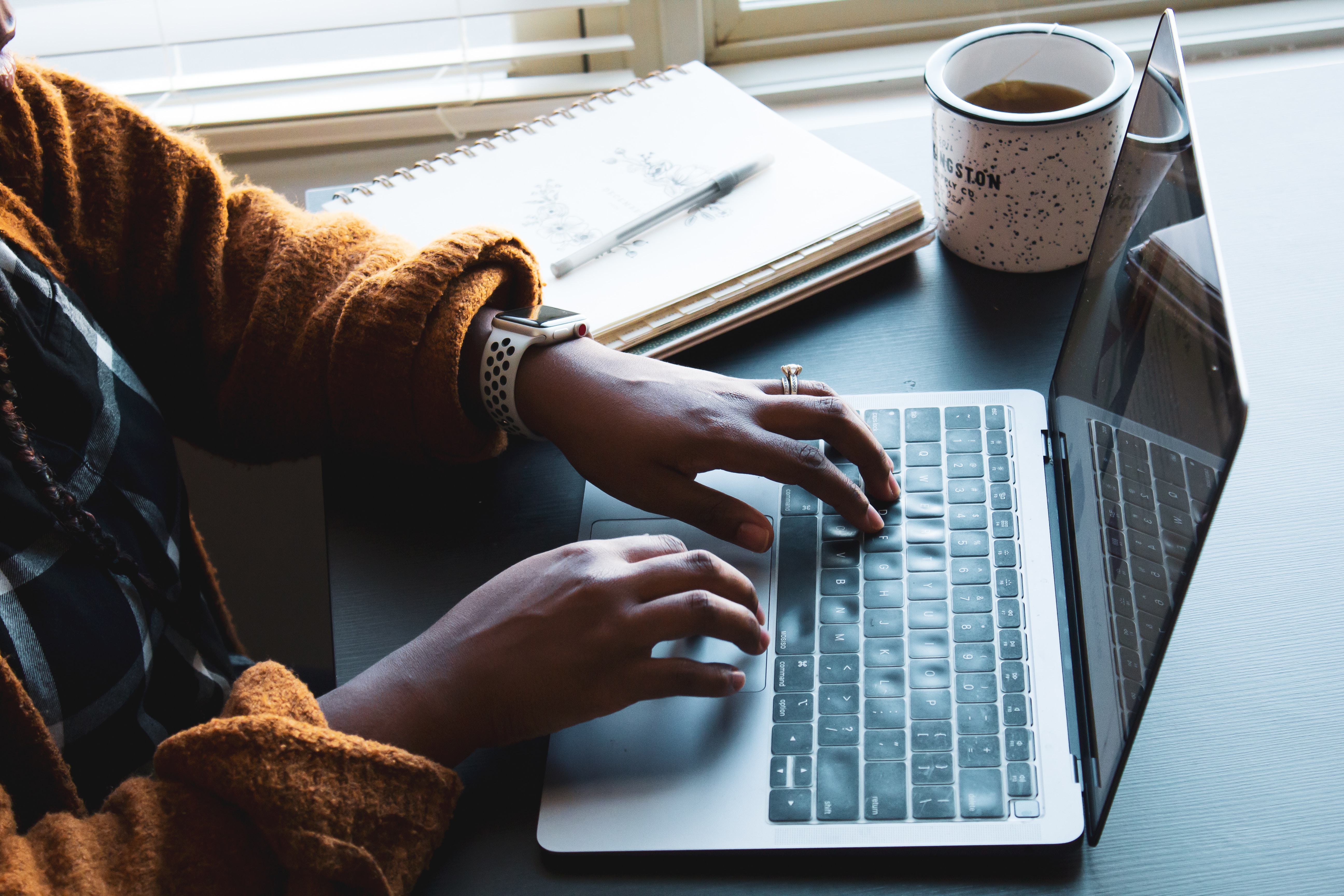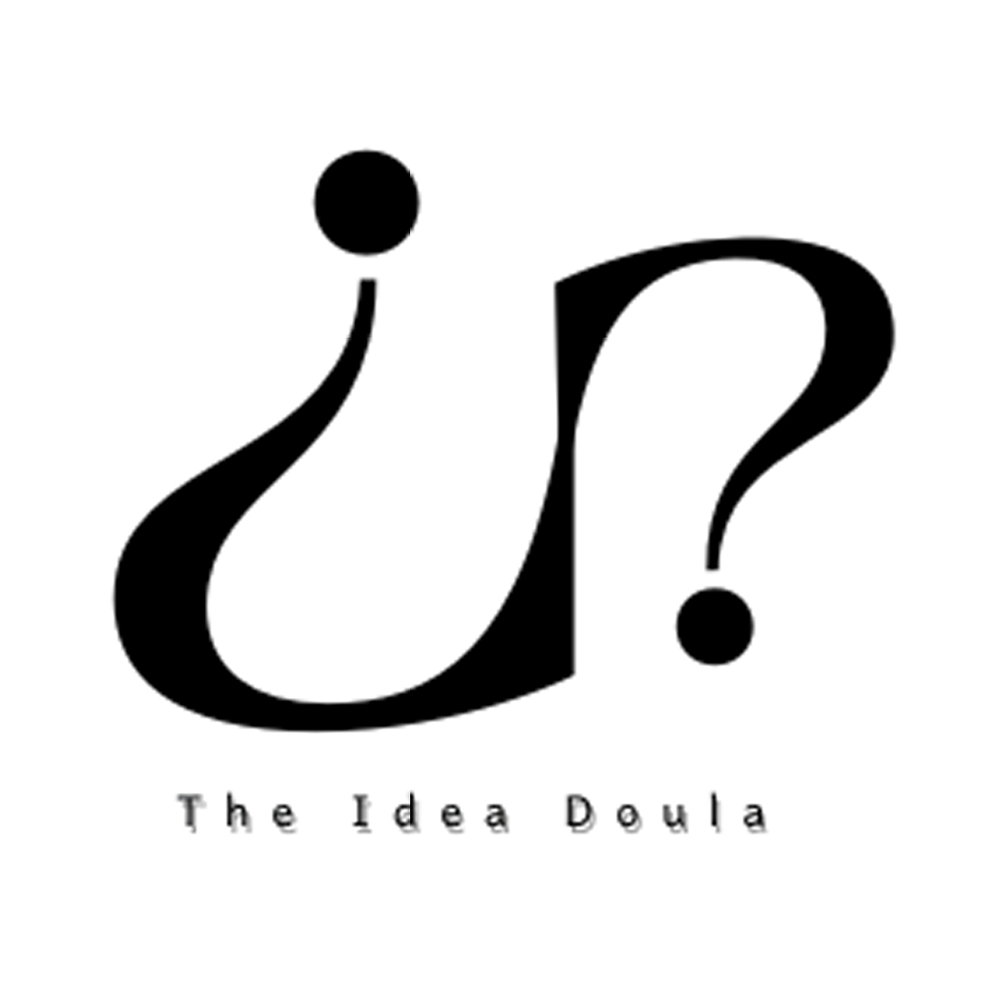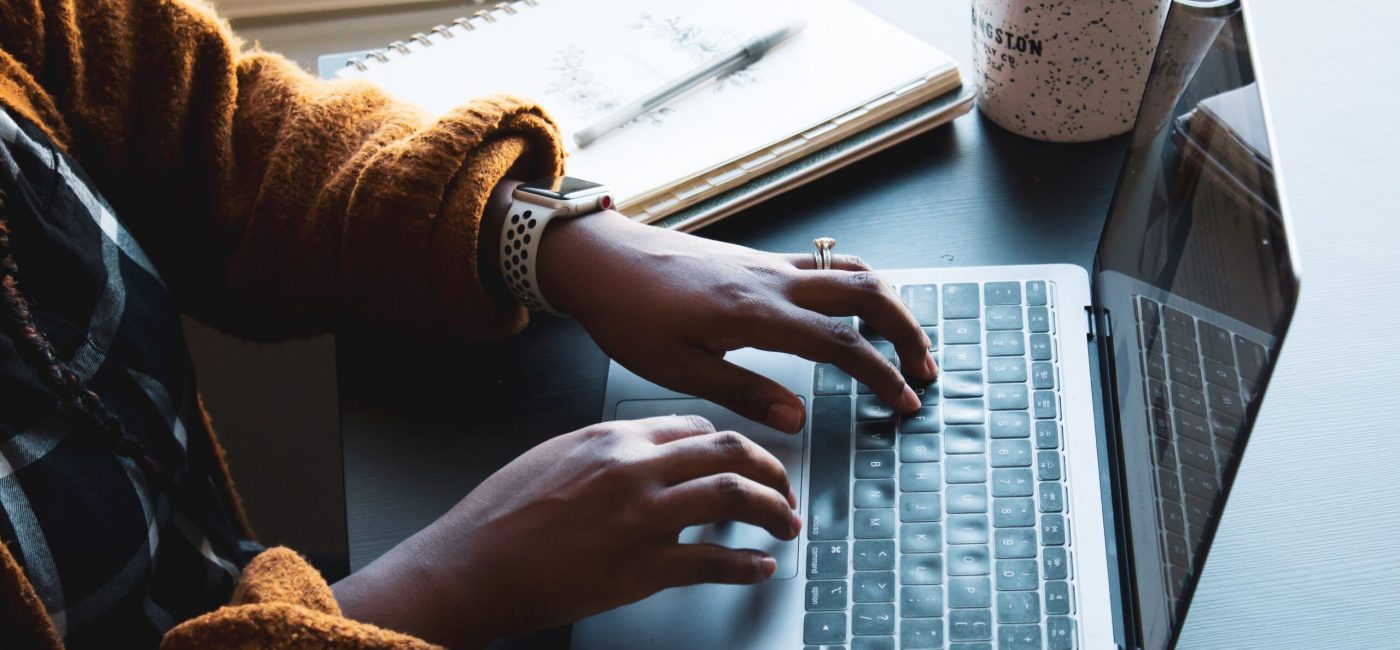The Artist-Creator’s Office (Dispatch No. 9)

I turned 25 earlier this year. In the run up to this auspicious day, I kept seeing articles and videos about how your 25th year (or thereabouts) marks the completion of the development of the human frontal lobe, specifically the prefrontal cortex. While I have made plenty of jokes about finally having a fully formed frontal lobe and a bright future full of the capable use of this part of my brain, I’ve been thinking seriously about how I should [or perhaps, could?] function as someone who (hopefully) has better higher cognitive functions, especially in the areas of impulse control and problem solving. What I notice about these functions is that they necessarily require the ability to take in new information and to determine whether this information can positively enhance our practices of living.
People often think of novel, groundbreaking discoveries when we talk about new information. This is valid, but it doesn’t give a full perspective. Here’s a funny thought: New information can be old information; new information is only new to us when we discover it, not at the moment of its existence in the world. New information can simply be a different perspective on information you already have. New information can be the renewed realization of information you already have. These thoughts make me laugh so much because of the irony of seeking and how people have been seeking on this same earth since the beginning of our existence. Humorous existence aside, this is why in this blog post, I’ll address the dichotomy as a distinction between new information and established information.
Especially when we realize that new information is beneficial, we honor new information by creatively collaborating with it. My interpretation of the Merriam-Webster’s dictionary definition of honor leads me to this conclusion and others that I’ll be sharing over the course of the next few weeks. To honor new information is:
to acknowledge new information with the seriousness it requires
The problem with new information [and honestly, I think there are many] is that it challenges our sense of safety. Established information gives us security because we can rely on it to make plans about the future. New information threatens this ability on the basis of the fact that it changes our (perception of) reality. Established information carries a timelessness to it that is disrupted by new information. New information reminds us of our humanity and humbles us.
And so, one of our defense mechanisms when we encounter new information, if at all we interface with it, is to doubt it. Doubt expresses itself in a number of ways. You could ridicule the new information. You could cling more doggedly to the established information without being guided by intuition or intention. You could talk to trusted confidants with the aim of working against the new information. You could distract yourself with another pursuit. You could posture and pretend you’re acknowledging the new information, just so it goes away. You could stall. You could find ways to engage the new information that only further create stability for the established information. Yet, for the creative existence, new information is vital as a light to our path, and even the doubt that we express provides a great avenue into friendship with new information.
When you’re walking in the dark, you need to give the revelation of light the seriousness it deserves. Light could mean fire; fire could mean people—friends, enemies, allies, foes. Light could mean the breaking of day; the breaking of day could signal a need to find shelter, a need to plant new seeds, something. Light could also mean only the appearance of light; a reflection off a surface, your own body’s reduced ability to distinguish between what’s real or not, a spiritual experience. If we think of our spiritual journey of creativity as a journey through darkness, then we can come to understand that new information is a serious thing that ought to be honored.
Another difficulty that comes up acknowledging new information with the seriousness it requires is that many artists often have religious trauma or painful experiences from their past with bigoted people who turned established information into a monolith. And I think this creates a sort of fatigue surrounding seriousness, surrounding conviction. In a radical reaction away from these attitudes, any new information that needs your seriousness feels like backward motion into the fixed mindsets that functioned to oppress you. And thus, rather than set apart space and time to navigate the difficult emotions and address the new information, you shy away from it and choose the easier road that leads nowhere meaningful.
Meaning can be restored, and this is wonderful because meaning partners with intention. However, meaning invites us back into the serious understanding of our humanity, back into the acknowledgement and collaboration with our state-of-being, and back to the reality that our existence is a joyfully serious state. Intention is backed up by the realization that we don’t have to allow our fear and doubt surrounding new information to stall our movement on the path towards greater self-expression and partnership in creative community.
If you’ve found light (hehe) or insight from this blog post, please feel free to buy me a coffee. Your support is essential to keeping this work going!

